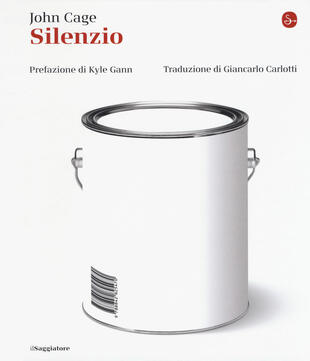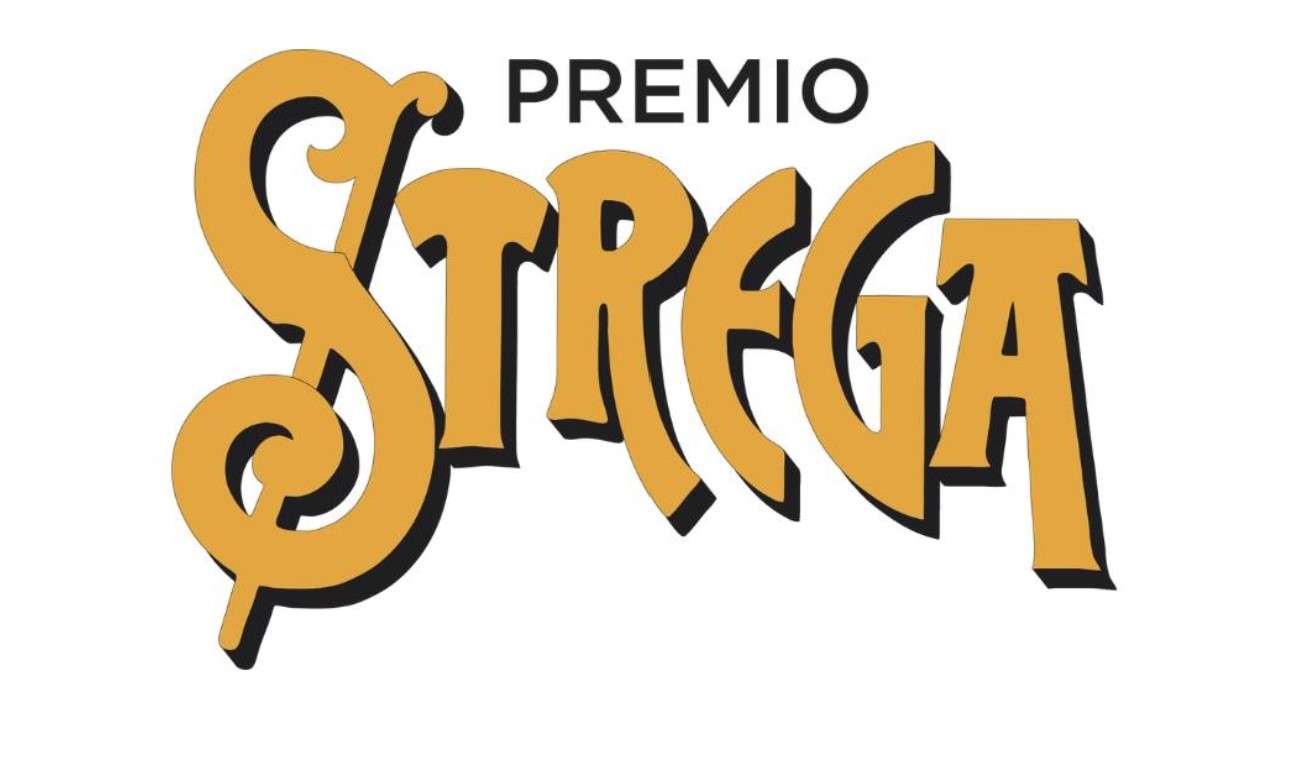

Sinossi
È il 1961 quando esce "Silenzio". John Cage ha quarantanove anni e una fama di musicista sperimentale che fino a qualche anno prima era limitata alle cerchie delle avanguardie metropolitane statunitensi. Conosciuto soprattutto per l'associazione tra la sua musica per percussioni e pianoforte preparato e la modern dance, il suo stile muta radicalmente quando decide che i suoni debbano essere liberati - dall'intenzione, dal gusto, dalla storia, dalla memoria - per vivere di vita propria. Che lo strumento principale del suo modo di comporre debba essere il caso. Quando Cage accetta l'idea di radunare i suoi scritti e le sue conferenze-performance in questo libro, il suo pensiero ha da poco contagiato irreversibilmente la nuova musica che si fa in Europa. "Silenzio" diffonde il contagio anche al di là dell'ambito musicale e dà a Cage una notorietà senza precedenti. Il libro viene accolto da una comunità di giovani in pieno fermento artistico, culturale e politico. Diventa subito un manifesto e un caso letterario. Insieme di articoli, conferenze e saggi composti fra il 1937 e il 1961, "Silenzio" spazia dai discorsi sulla musica - propria e degli altri - alla danza, alla pittura, allo zen, con storie e aneddoti che nel tempo sono divenuti proverbiali. Da questo variegato insieme di testi - qui proposto in una traduzione riveduta e con una prefazione inedita in Italia - emerge soprattutto la totale appartenenza di Cage al pensiero musicale, la sua fede assoluta nel potere del suono. Eppure, anche e proprio grazie a "Silenzio", le sue idee si sono irradiate verso tutti gli ambiti della produzione artistica, definendo un nuovo rapporto tra materiale e gesto creativo. E ancora oggi il sasso gettato nello stagno non ha smesso di generare i suoi cerchi.
- ISBN:
- Casa Editrice:
- Pagine: 318
- Data di uscita: 14-02-2019

